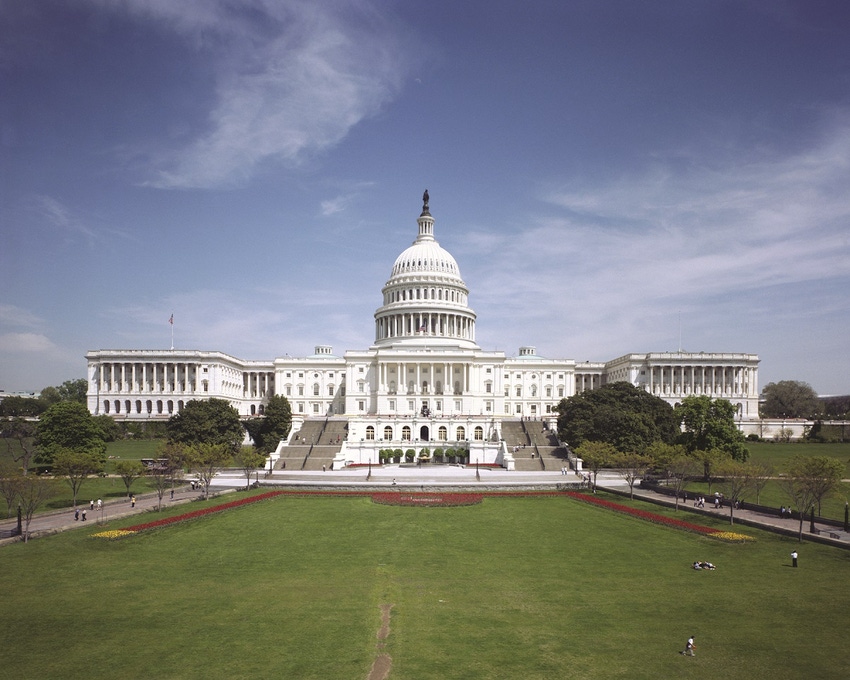
Three years into the five-year life of the Agriculture Act of 2014l, policy discussions and planning are beginning for the next farm bill.
Traditional farm bill players, such as general farm organizations and commodity, conservation, and nutrition groups, have begun the process of developing policy positions and formulating strategies. It is expected that farm bill deliberations will begin in earnest later this year and continue into 2018.
At this writing, most of the agricultural community is waiting intently for President-elect Trump to announce his choice for Secretary of Agriculture. While the secretary generally doesn’t directly influence the direction of a farm bill, the role of his/her agency, USDA, in interpreting and implementing the farm bill, is critical.
While it’s not worth taking time to speculate on who the nominee will be, it is probably safe to say that he/she will be a strong supporter of commercial agriculture, and likely to look into what many call the over-regulation of agriculture.
FARM BILL LEADERSHIP
While there is always a chance that when the new Congress convenes in January one of the members who has seniority on the Senate or House Agriculture Committees may switch to a different committee, at this point the leadership in charge of writing the next farm bill is pretty clear.
Mike Conaway of Texas will chair the House Committee on Agriculture, and Colin Peterson of Minnesota will continue to serve as ranking member.
In the Senate, Pat Roberts of Kansas is expected to chair the Committee on Agriculture, Nutrition, and Forestry. Debbie Stabenow of Michigan is expected to serve as ranking member after chairing the committee during the 2014 farm bill.
So, what are the priorities of these four leaders? It is fair to say that all want a sound safety net that works for all commodities and geographies. Included in the safety net would be a priority to maintain and strengthen the crop insurance program.
FARM BILL IMPEDIMENTS
Individually, it is clear that Mr. Conaway will work to provide cotton producers with Title I safety net protection — something they do not currently have. Mr. Peterson has gone on record recently as wanting to make the Dairy Margin Protection Program a more useful safety net program.
Mr. Roberts has been a long-time supporter of crop insurance, and Ms. Stabenow might be expected to continue to seek enhancements to specialty crop insurance provisions.
What are likely to be the biggest impediments to getting the farm bill completed on time? For the past two years, Chairman Conaway has been holding hearings on the Supplemental Nutrition Assistance Program (SNAP), formerly known as food stamps.
During the farm bill deliberations, there will be changes suggested to the SNAP program that will likely cause concern for some members of Congress. This will not speed the process along.
In addition, environmental groups would like to increase the size of the Conservation Reserve Program (CRP). This leads to the biggest impediment to getting the farm bill completed — money. There appears there will be less money this time than there was for the 2014 farm bill.
The struggle to provide the best farm bill possible with a tighter budget will make all the hard decisions that much harder. So, it appears the first few months of 2017 will really be the calm before the storm.
(Dr. Joe Outlaw is Professor and Extension Economist in the Department of Agricultural Economics and Co-Director of the Agriculture Food Policy Center, Texas A&M University, College Station.)
About the Author(s)
You May Also Like




